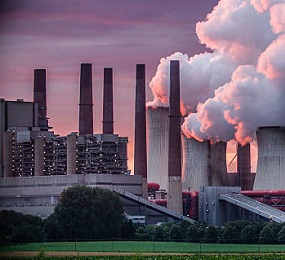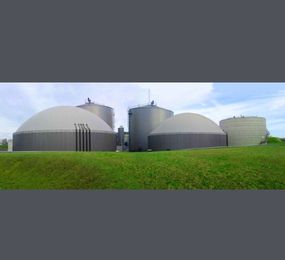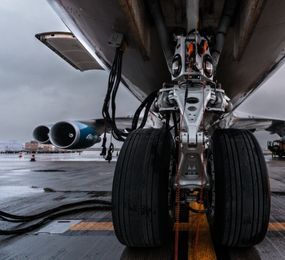The efficiency of using various fuels for transportation depends on several variables, with liquid fuels typically preferred due to their higher energy density by volume and mass. If properly implemented, biofuels have the potential to dramatically lower GHG emissions as compared to gasoline, with reductions for ethanol made from wheat, sugar cane, and cellulose ranging from about 50% to over 70%.
The feedstock used, the growing region, and the process used all affect how many liters of biofuel can be produced per hectare (bioethanol, biodiesel, and advanced biofuels). Even when compared to electric vehicles, biofuelled vehicles can significantly reduce the carbon footprint of transportation thanks to fuel mixes for conventional, advanced, mid-hybrid, and full hybrid cars.
While hybrid and electric vehicles reduce greenhouse gas emissions, they can still have considerable embedded emissions, with battery reliability playing a crucial role. The supply of liquid fuels from OPEC and biofuels will grow to meet the demand that is anticipated to rise in non-OECD nations. To satisfy the predicted demand for transport fuel of 45.5 MMboe/d by 2030, it is claimed that there is enough suitable land available for biofuels provided it is used intelligently. This land can produce 30-40 MMboe/d.
The availability of biomethane for use as bio-CNG and bio-LNG as a transportation fuel for trucks is steadily increasing, and the European gas refueling infrastructure is already in place. This allows biomethane to bridge the EU's de-fossilizing ambitions in line with the realities of the EU road transport sector.
Sustainable mobility should be judged by real greenhouse gas reductions throughout the course of its whole life cycle to encourage green solutions. By measurement, biomethane is one of the most sustainable fuels currently available.
Only a technology-neutral strategy that takes into account the advantages and disadvantages of all technologies can lead to a just and quick de-fossilization of the road transportation industry.
At the Advanced Biofuels Forum, Liisa Ranta will be speaking on • Key drivers to increase advanced biofuels capacity in the EU. • Feedstock sustainability and the role of Annex IX part A. • Cover crops enabling further sustainable growth of advanced biofuels industry. • UPM experiences from UPM Lappeenranta Biorefinery. • UPM Biofuels Growth Project in Rotterdam. Liisa is a Director of Sustainability Biofuels and Biochemicals, at UPM Biofuels and she’d be joined by other experts and stakeholders in discussions that could shape the future of the advanced biofuels market.
















